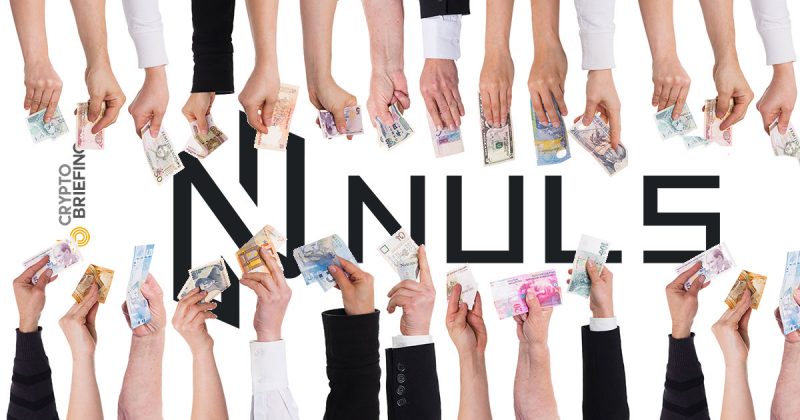
Meet The SCO: NULS Trials Alternative Crowdfunding Method
The SCO is a staking-based low-commitment alternative to IEOs
NULS, an enterprise-focused blockchain platform, has announced the successful test of its innovative staking service, dubbed Staked Coin Output (SCO). The system leverages NULS’ existing staking infrastructure to provide an inexpensive, low-commitment alternative to ICO’s or STO’s, allowing nascent projects to obtain funding without actually receiving direct monetary contributions.
The platform features two types of nodes responsible for ensuring its security: consensus nodes that create blocks, and validation nodes which confirm them. Stakers need to put up at least 2,000 NULS (~$860) into a consensus node to be able to become a validation node.
Both are normally rewarded with NULS for their contribution, but with the SCO system, that can change. An SCO project can launch its own consensus node, accepting tokens from the stakers and rewarding them with their own project token, instead of NULS. The consensus node then receives the NULS rewards that would ordinarily to the stakers.
The system is completely voluntary. Validators can choose their commission levels, getting back a portion of the NULS obtained from their stake that ranges from 10% to 99%.
The system is not meant as a true replacement of the ICO/IEO, positioning itself as primarily a way for new projects to gauge public interest in them. By launching an SCO, the NULS network becomes more secure through additional participation in the consensus, the early contributors receive inexpensive tokens, and the projects learn how their project is received by the community, in addition to a limited amount of funding.
NULS Co-Founder Reaper Ran is enthusiastic about the concept, likening the SCO to college: “SCO can fast track top-tier projects and help spur innovation that the NULS community wants,” he said. “It’s like sending your kid to college before having them jump into the ‘real world.’ “
But the new model does have significant advantages over earlier crowdfunding models, Ran added. “Developers that participate have near-zero overhead, and the NULS network effect means that successful SCO projects are able to approach the market with confidence.”
Aleph, the project that pioneered the new system, was able to obtain staking rewards from more than 2,100,000 NULS (~$930,000) that were devoted towards its nodes. A second project, Hena, is already planning to launch the next SCO.
With the successful test, NULS is planning to expand the SCO ecosystem through SCO Labs, an alliance of public chains, incubators, exchanges and other actors that will support SCO projects in their efforts. In addition, the Bibox project has pledged to build a DEX on the NULS platform, allowing projects to launch trading for their tokens immediately after the distribution event.
